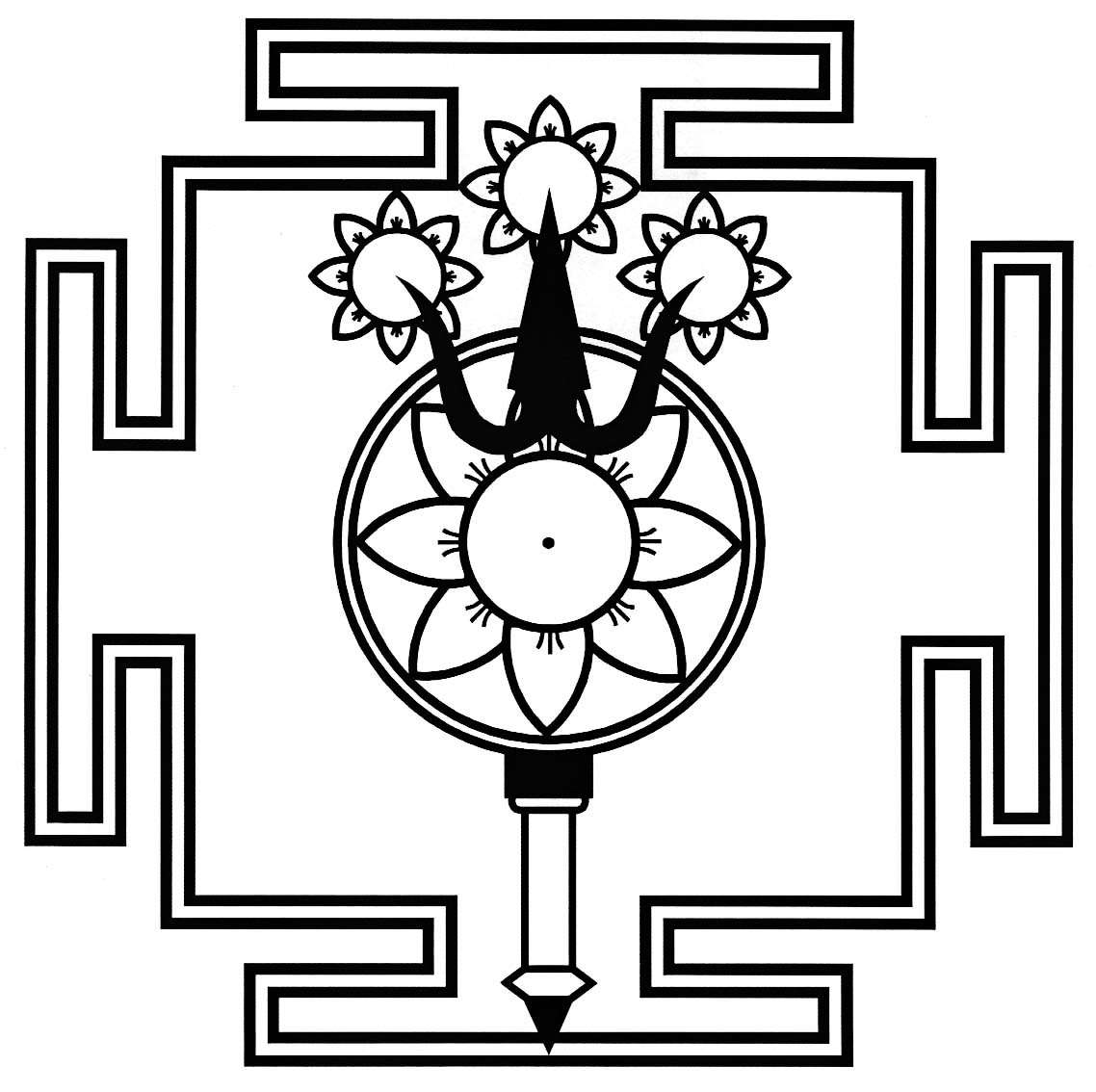“Electrical Christianity” is L. Ron Gardner's second
book. His first, “Beyond the Power of Now”, was a polemic against a certain
Eckhart Tolle, while the new book deals with esoteric Christianity. The books
are pretty similar, however, since they both contain Gardner's general
teachings, not just specifics about Tolle or Christian mysticism. I consider
“Electrical Christianity” to be the better book, since I couldn't care less
about Tolle in the first place.
Ironically, “Electrical Christianity” will *not* appeal to mainstream Christians, since Gardner's electric version of Jesus' teachings is really a form of Tantric mysticism, to a large extent derived from Kashmiri Shaivism, a very different spiritual tradition from traditional Christianity. Esoteric Buddhism and “Daism” are other sources of inspiration. (“Daism” refers to the teachings of Franklin Jones, a controversial guru in California who called himself Adi Da Samraj.) Nor is Gardner silent about these similarities. On the contrary, he attempts to correlate esoteric/electrical Christianity with these Eastern-derived teachings. Gardner's point is that the “electrical” practices can be found in many different religious traditions, forming their inner, mystical core. This is similar to the claims of perennialists, such as Aldous Huxley or Huston Smith, but to Gardner, the perennial philosophy isn't the emptiness of Advaita Vedanta, but rather the Shiva-Shakti dyad of Tantrism, the dynamic and dramatic energy of Shakti in particular. Emptiness is only a method to make the mystic ready for the descent of kundalini (a cosmic energy) as a form of Divine Grace. What the esoteric message of Jesus might have been is anybody's guess at this point, but there are “heretics” whose teachings can be mined for some Tantric gold: Gnostics, Messalians, Meister Eckhart (not to be confused with Tolle!) and the Renaissance Hermeticists. Gardner explicitly mentions the two latter streams. Another thing that will rub non-electrical Christians the wrong way is Gardner's in-your-face language, as when he compares “having a personal relation with Jesus” to masturbation, or claims that Jesus isn't needed for salvation anyway!
Gardner's interpretation of the Trinity is roughly as follows: the Father is Shiva, or the “passive” aspect of the Divine, the Son is the mystic, while the Holy Ghost is Shakti, the active aspect of the Divine. When Shakti comes crashing down on the mystic, he is made one with the Divine. This is true baptism, followed by true Holy Communion. Hence, “I and the Father are one”. The mystical experience is a dramatic and very physical experience, bordering the dangerous, and can involve strong reactions such as shaking or jerking of the body. While kundalini is a form of Divine Grace (shaktipata in Hindu parlance), it can only enter a prepared vessel, and therefore various meditation techniques and other spiritual practices or disciplines (perhaps including celibacy) are necessary to place the mystic in right relation to the Divine. Gardner believes that an advanced mystic doesn't need to raise the kundalini power “from below” through the various chakras, but can concentrate on receiving it “from above”.
Readers of Gardner's first book, “Beyond the Power of Now”, know that the author attempts to combine his Tantric teachings with a right-wing, libertarian perspective. His favourite secular philosopher is the atheist Ayn Rand! In the new book, Gardner introduces an additional element: conspiracy theories about the New World Order, the Federal Reserve, and even FEMA camps. At one point, Gardner expresses fear that Obama's “fascist” government will send *him* to a secret concentration camp, if he ever tells us his real feelings about the system… G. Edward Griffin seems to be Gardner's main source of conspiracist thinking. It will be interesting to see how far Gardner's “Electric Dharma Revolution” will come, with a lethal combination like this one!
As in the first book, Gardner closes with a highly eclectic reading list. The Christian-related material includes Valentin Tomberg's anonymous magnum opus “Meditations on the Tarot”, Evelyn Underwood's “Mysticism” and Ethan Walker's “The Mystic Christ”. A nefarious critic who wants to short-circuit the entire operation, might point out that the New Testament isn't included in the reading list, and that most other books have a Hindu-Buddhist slant.
But then, we are dealing with *electric* Christianity, aren't we? Four stars! ;-)

No comments:
Post a Comment